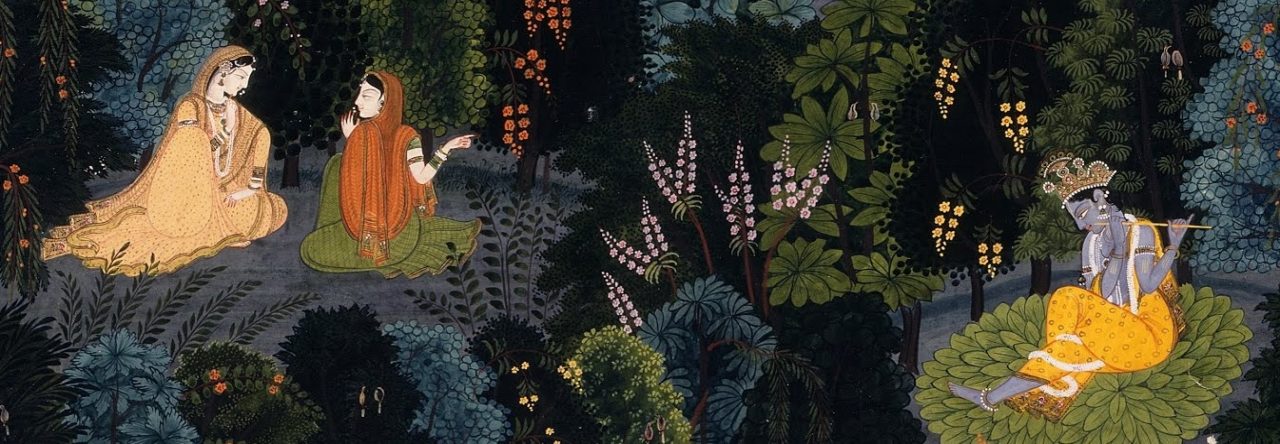
There is one great certainty in life, and this is death; whoever really understands this certainty is already dead in this life. Man is hardly at all preoccupied with his past sufferings if his present state is happy; what is past in life, whatever its importance, no longer exists. Now everything will one day be past; this is what a man understands at the moment of death; thus the future is already part of the past. To know this is to be dead; it is to rest in peace.
But there is yet another certainty in life—whether we can have this certainty depends only on ourselves—and it is the certainty of living in the divine will; this certainty compensates for that of death and conquers it. To put it another way: when we have the certainty of being in conformity with the divine will, the certainty of death is full of sweetness. Thus the meaning of our life on earth can be reduced to two certainties: the ineluctability of our destiny and the meaning or value of our will.
We cannot avoid the meaning of life any more than we can avoid death; this great departure, which cannot have a shadow of doubt for us, proves to us that we are not free to act no matter how, that from this present moment we ought to conform to a will stronger than our own.
Schuon, Spiritual Perspectives and Human Facts, World Wisdom, p. 226.







